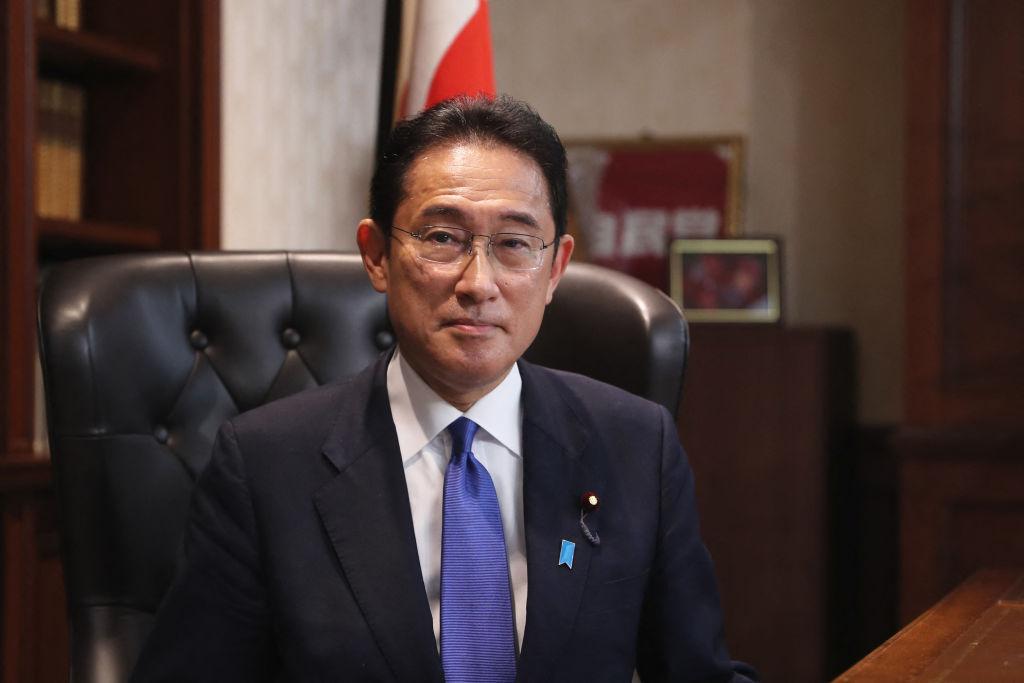How will the Australia–Japan relationship fare under Prime Minister Kishida?
Posted By Tomohiko Taniguchi on October 1, 2021 @ 14:10

Japan’s ruling Liberal Democratic Party has elected Fumio Kishida as its new leader, slating him to be the nation’s 100th prime minister. Kishida received overwhelming backing from parliamentarians ahead of rival candidate Taro Kono, who was favoured by grassroots LDP supporters.
And yet, for the first time in Japan’s history of constitutional democracy dating back to the 19th century, a woman, Sanae Takaichi, might well have become prime minister. Takaichi pledged to follow the domestic and foreign policies of former prime minister Shinzo Abe and won the support of strikingly more MPs, including Abe, than political pundits predicted.
If she had become prime minister, Australia’s strategic cooperation with Japan would have gained even more traction and rapidly developed into something that could be called an alliance. It’s a shame for Canberra and Tokyo that she wasn’t able to break through the glass ceiling this time.
In Japan’s representative democracy, which is not unlike the Westminster system, the new president of the ruling party is automatically made prime minister by a parliamentary majority vote.
Kishida is likely to prove a good ‘second best’ for the Australia–Japan strategic relationship.
Abe forged a strong relationship with three Australian prime ministers, Tony Abbott, Malcolm Turnbull and Scott Morrison. His speech to parliament [1] in Canberra on 8 July 2014 will long be remembered as setting the tone for the relationship between the two democracies.
Eventually he and Morrison travelled to Darwin where they solemnly laid a wreath together, reflecting on the past and renewing their appreciation of the great power of reconciliation.
All of this was closely witnessed by Kishida, Abe’s long-serving foreign minister.
Kishida, whose constituency is Hiroshima, has a passion for the abolition of nuclear weapons that was sometimes at odds with Abe’s emphasis on nuclear deterrence. Kishida was more in tune with US President Barack Obama, who spoke in idealistic terms.
But, at the same time, Kishida is fully aware that the biggest challenge for Japan now and in the future will be to stand up tall against China, and that Japan must be strong to do so.
To that end, he also knows that it is far better for Japan to work with allies with which it shares fundamental values than to confront China alone. In this respect, Kishida is a realist.
When the news of AUKUS reached Japan, there were two reactions in the Tokyo policy community.
One was respect for Australia’s decision. While there was concern among Australians about their country ‘going nuclear’, the prime minister and government unhesitatingly decided that what was needed for military purposes should be procured.
It’s also fair to say that they tried hard to make the most of the old ties of the English-speaking alliance. Britain, too, was keen to have a foothold in the Indo-Pacific, since it had just separated from Europe and was advocating a global Britain. Strengthening relations with Australia was logical and necessary.
Seen this way, and with Australia’s robust relationship with the US taken into consideration, AUKUS has drawn the most advantageous triangle for Australia.
Respect for Australia then became envy. If Australia needs nuclear-powered submarines, Japan, which shares a waterway with China, needs them even more.
Unlike Australia, Japan has a long history of nuclear technology. But since Fukushima, it has become increasingly irrelevant, and may even disappear. Even though it has nuclear technology, Japan has no equivalent of a Rolls Royce with the technology to power submarines.
If only the country could do as Australia did and equip itself with nuclear submarines—perhaps under the framework of what could be called JAUKUS with Australia, the UK and the US.
While that’s logical, it cannot be carried out so long as public perception forbids it. That’s where Japan stands, making many, including this author, envy Australia for its decisiveness.
Let us hope that Kishida will add strength to what is now the deepest strategic partnership between Australia and Japan in history.
Article printed from The Strategist: https://aspistrategist.ru
URL to article: /how-will-the-australia-japan-relationship-fare-under-prime-minister-fumio-kishida/
URLs in this post:
[1] speech to parliament: https://japan.kantei.go.jp/96_abe/statement/201407/0708article1.html
Click here to print.